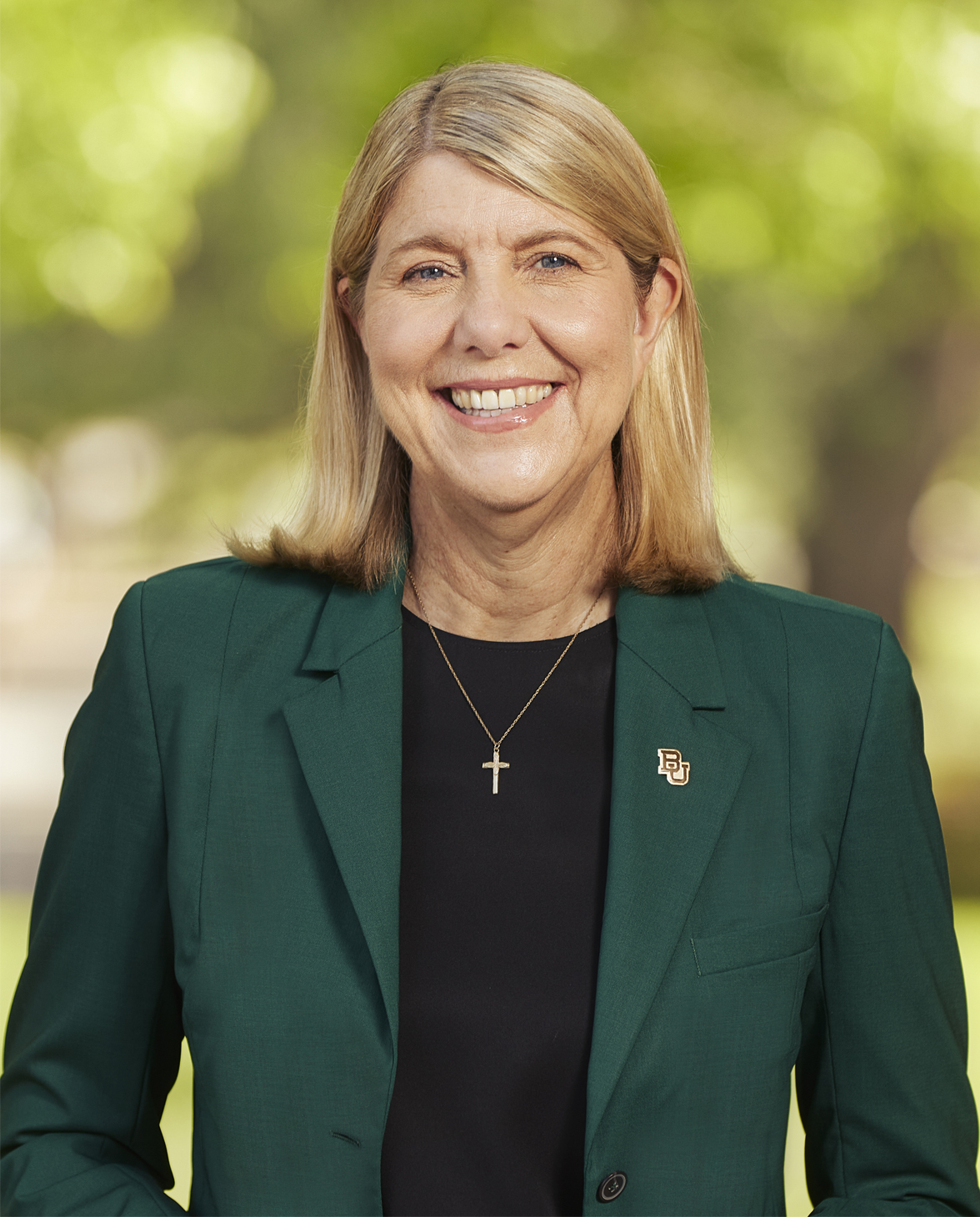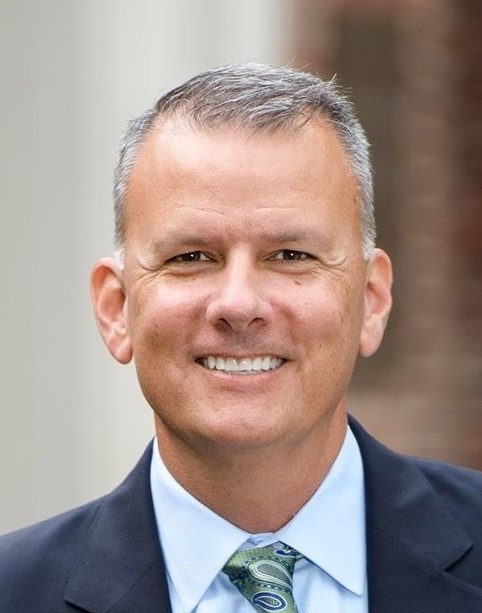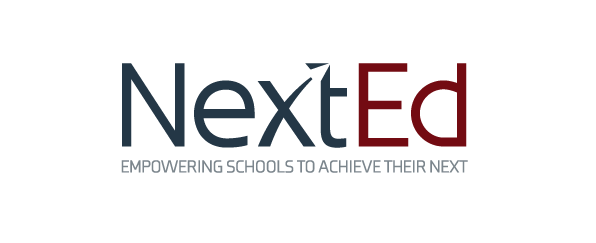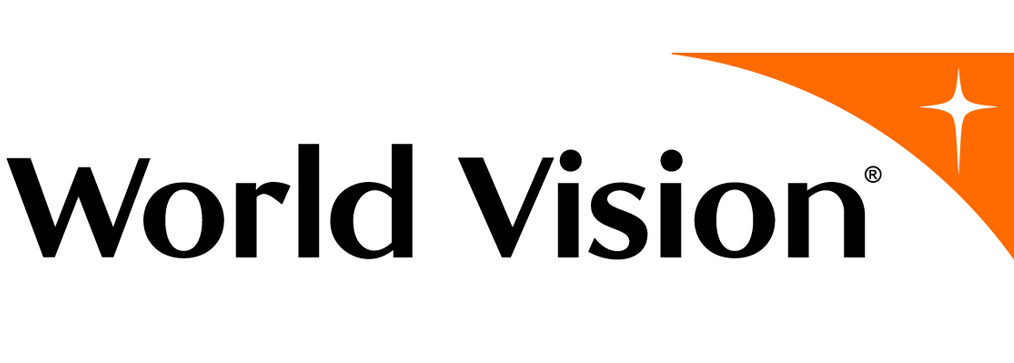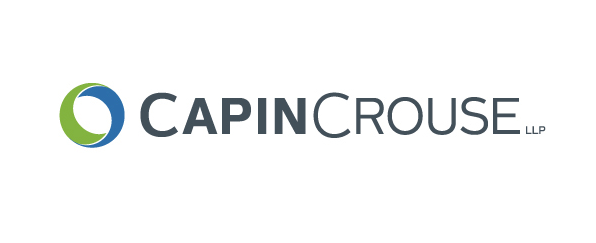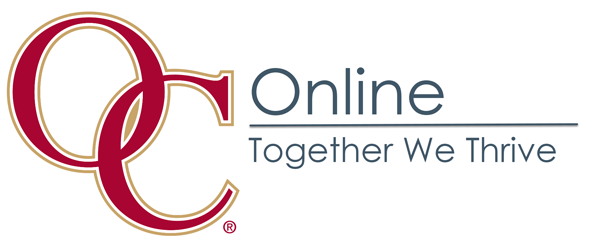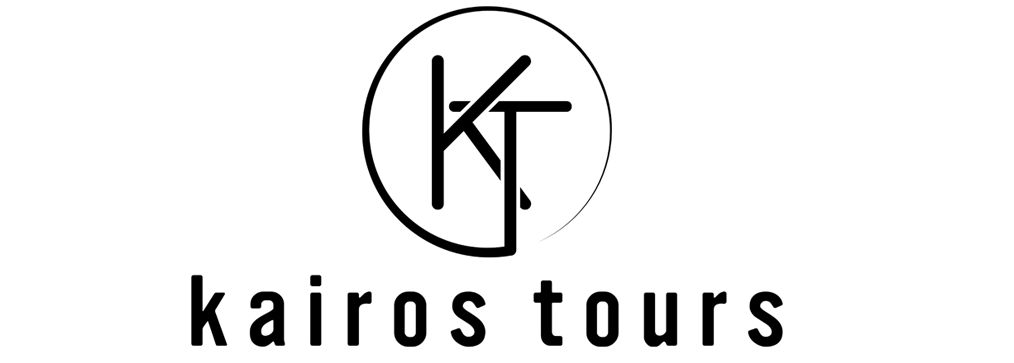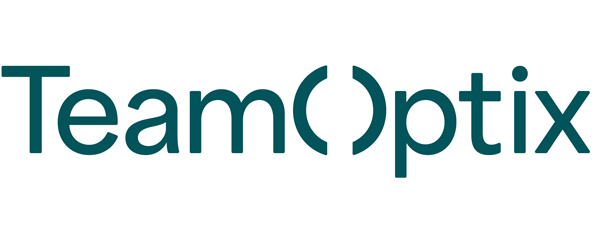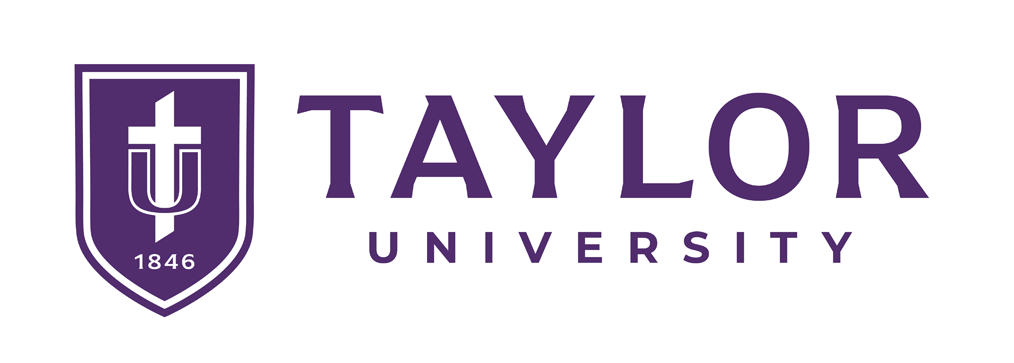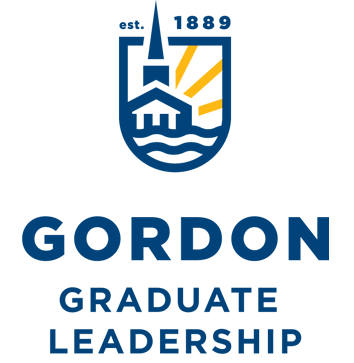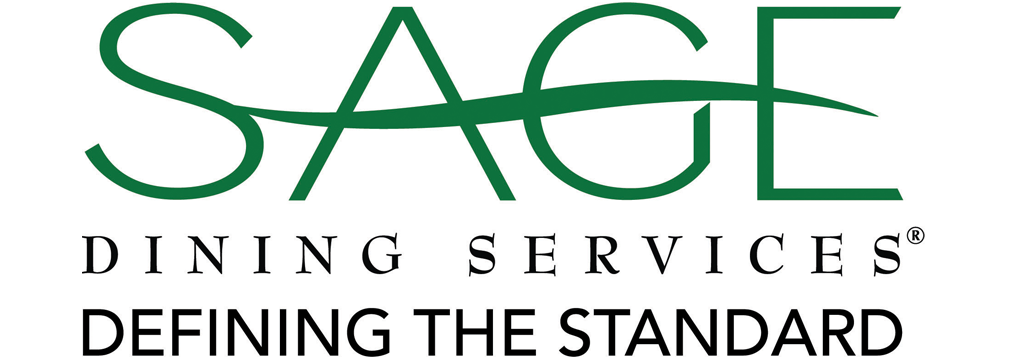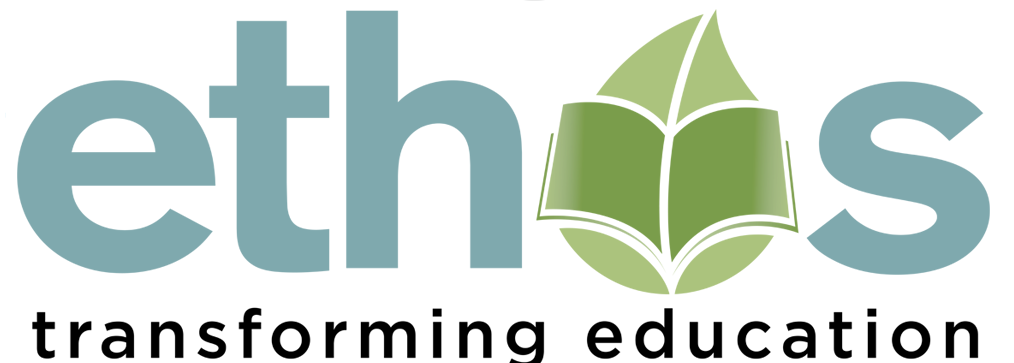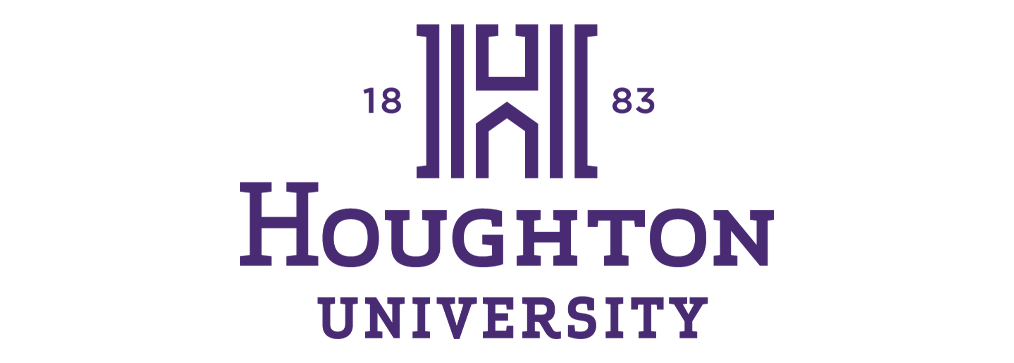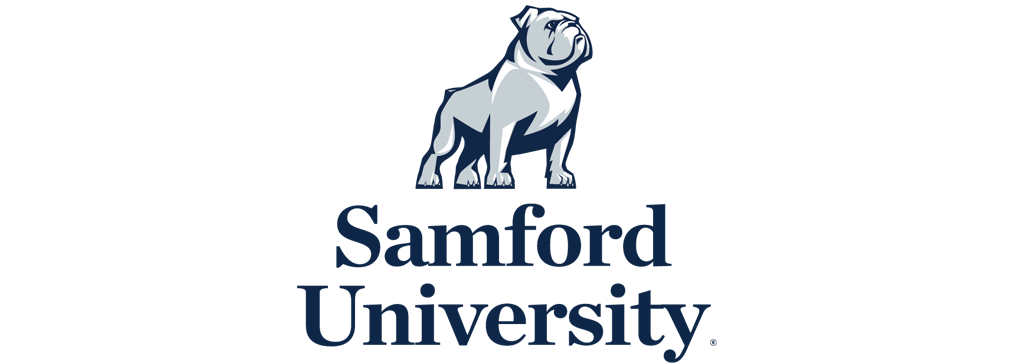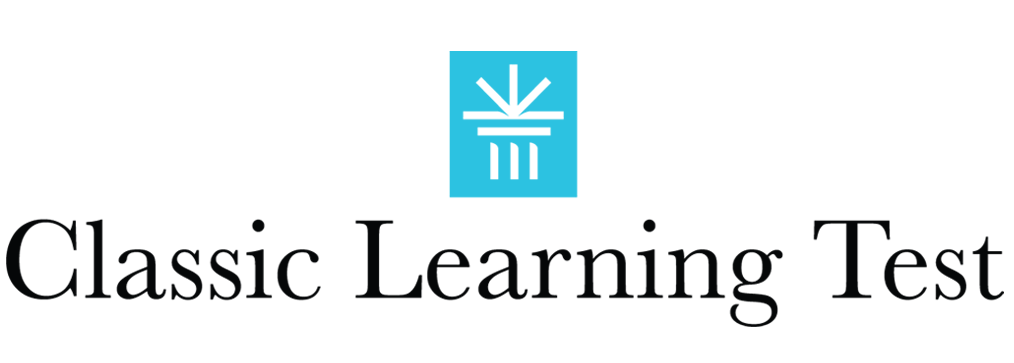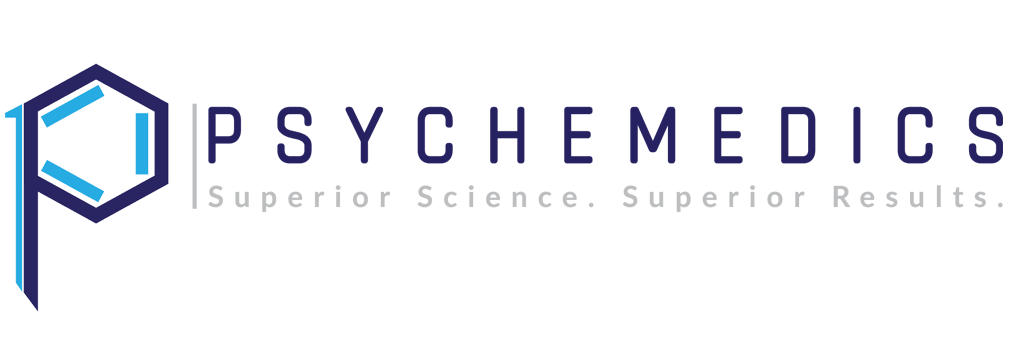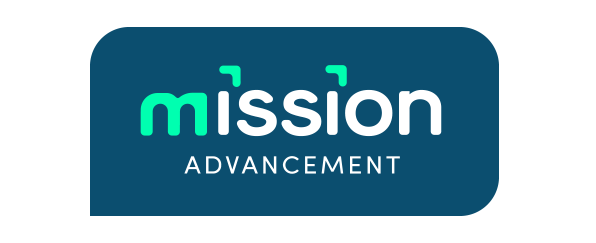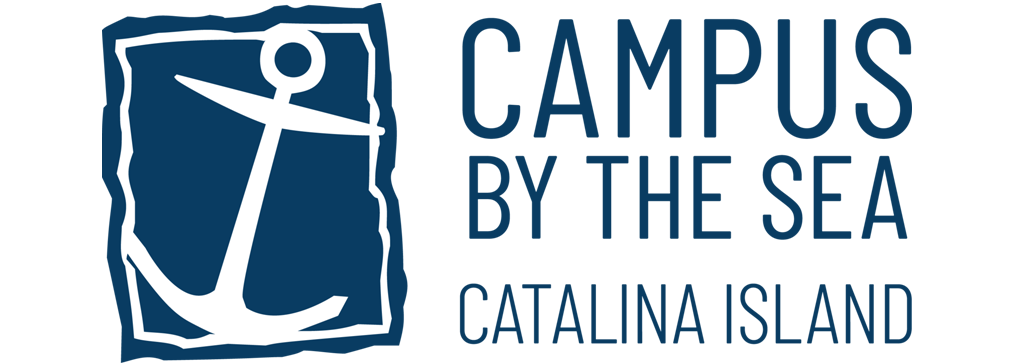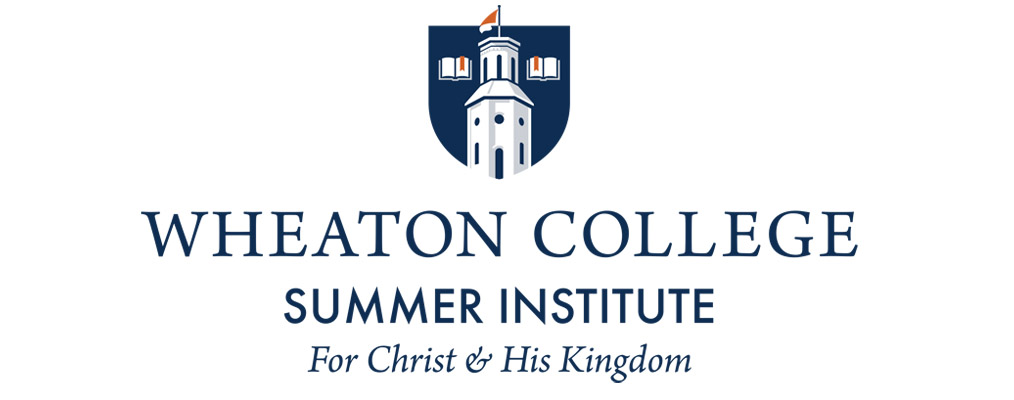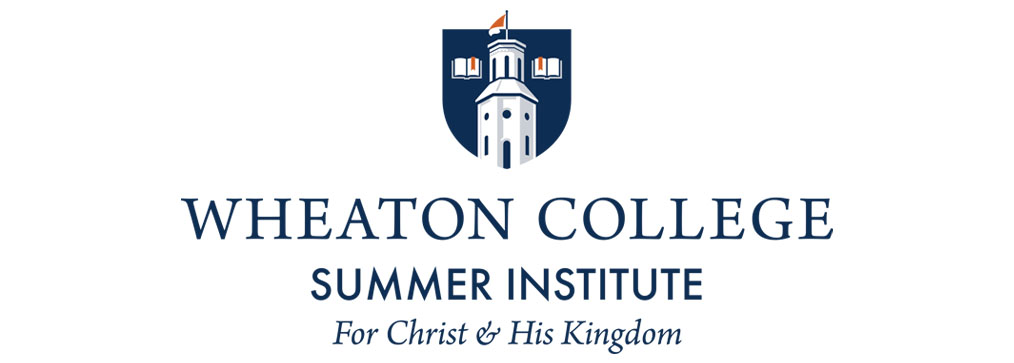 Altitude is important at every level of schools, from the board to the leadership team to the teachers, coaches, advisors, and caretakers. In our organizations, we need to all be able to operate at a high level - getting above things; at a mid-range level - keeping initiatives moving; and at a details level - figuring specific things out. Altitude is more than just seeing the big picture. At this year’s CESA Symposium, we will be challenged to consider how and when we need to change altitude to ensure our leadership strategy is meeting the current and future needs of our schools. We hope your team will join us in at the Omni Interlocken outside of Denver on October 6-8, 2024! The Symposium is sold out, join the wait list here!Hyatt House Hotel ReservationsWho is the Symposium for?The Symposium is designed for Christian school leaders to engage with like-minded leaders from across the country and the globe while also pouring into their leadership teams. This Symposium has been designed for boards, heads and assistant heads, business office leaders, development, admissions, and mar:comm leaders, principals, academics, Christian and Student life leaders, athletic directors and arts directors. You will find both content designed to catalyze leadership at every level along with specific content for these groups. ScheduleSunday, October 6
5 p.m. - Registration and reception- Interlocken Foyer
6 p.m. - Opening Session and Dinner- Interlocken Ballroom Monday, October 7
7:30 - 8:30 a.m. - Breakfast - Pavilion and Pool Decks (Interlocken Ballroom if weather is uncooperative)
8:30 - 10:30 a.m. - General Session, Dan Heath Keynote - Interlocken Ballroom 10:30 -11 a.m. - Break Sponsored by Wheaton Summer Institute 11 a.m. - 12:15 p.m. - Breakout Sessions 12:15 - 1:15 p.m. - Lunch Pavilion and Pool Decks (Interlocken Ballroom if weather is uncooperative) 1:15 - 2:15 p.m. - Affinity Group Roundtable Discussions 2:15 - 2:45 p.m. - Break Sponsored by FaithSearch Partners - Interlocken Lobby 2:45 - 4 p.m. - General Session, Dr. Linda Livingstone Keynote - Interlocken Ballroom 4 - 5:30 p.m. - Receptions:
Tuesday, October 8
Keynote Speakers
The Symposium is sold out, join the wait list here!Hyatt House Hotel ReservationsSessionsTwo Schools. Two Fundraising Approaches. A Singular Commitment to Culture.
Presenters are Barry Giller and Sara Reid from Charlotte Christian and Chad McDaniel, Patrick Hughes, and Chris Cleveland from Wesleyan School The heads of school and development officers from Charlotte Christian School and Wesleyan School will share the philosophy and history of philanthropy at their respective institutions as well as their individual approaches to find-raising for recent capital improvements on their campuses. While the two schools go about things in a slightly different way, both schools share many things in common, including: creating an on-going culture of giving; creating healthy annual giving to complement capital giving; running a relatively small and lean development office; sharing a robust and vibrant campus master plan with all constituents; and maintaining a culture of donor education and personal relationships. Regardless of the age or size of your school, the lessons learned by these two schools are applicable to your school's fund-raising needs and goals.
Just Joy: Catalyzing Thriving Schools for Each Educator and Students We serve in the profession that makes all others possible and get to do meaningful work every day that leads to just, thriving schools. Our work is life-giving when we address feedback, engagement, and well-being (FEW) not for some students, or even all students, but for each student. Joy should be a hallmark of our work as we walk alongside students and colleagues as we help them become all they were created to be as we become more like Christ in community. We will begin with an overarching framework that strips away all that distracts us from the work we have been called to do. We will then explore how to expand and build networks of educators who are doing this good work with interactive experiences that harness the collective expertise of the educators with practical insights that educators will be able to apply immediately. The increasingly popular acronym, VUCA (volatility, uncertainty, complexity, ambiguity), is being used to describe the realities of the world our students will be facing in the next three to ten years. As educators, the best way to prepare our students to thrive in this environment is by fostering key skills—these skills used to be called “soft skills” but are now referred to as “durable skills” or even “human skills.” Chief among these are emotional intelligence, collaboration, communication, and resilience. These skills are the byproduct of an education tailored to two primary goals: creating students who are problem solvers and students who are comfortable with being uncomfortable. The mindset attributes driving these skills are growth mindset, grit, ability to redefine failure, and opportunity seeking, all of which are comprised in what is referred to as an “entrepreneurial mindset.” As Christian schools, we can do this with a focus on redemptive entrepreneurship, especially as we consider the need to establish or re-visit our school’s “portrait of a graduate.” In short—helping students learn to think like a Christ-centered entrepreneur will help them thrive in the uncertainty of the future and allow them to meaningfully connect their work to their purpose and calling. And the beauty is, this innovate approach to education can be implemented at every grade level and every subject within the school environment. This session is designed to equip school leaders in establishing and nurturing a Biblical Worldview Culture within their schools. Drawing from the successful launch of the Val Vista Campus at Gilbert Christian Schools, this session will delve into topics including setting a vision grounded in biblical worldview, implementing hiring practices aligned with a biblical worldview, providing professional development opportunities to enhance staff's biblical worldview, organizing parent engagement events to reinforce these perspectives, and employing strategies to deepen students' understanding and living by a biblical worldview. Leading in an AI world – Utilizing AI to empower teachers and improve student engagement and outcomes In a recent study, 90% of students cited that they preferred studying with Large Language Models (LLMs) such as ChatGPT rather than with a human tutor, with 95% stating that working with LLMs improved their grades. To date, many school leaders are actively seeking to build walls around their schools to keep such tools out of the hands of students. We believe such attempts are futile, and not only are the futile, they limit our ability as educators to reach students. Leading in this new world requires a change in perspective, a pivot from building walls to building bridges – bridges that help us better connect with our students. This session will explore ways schools can utilize AI tools to both empower teachers, bringing order back to a world thrown into chaos, while greatly expanding student engagement and outcomes. From evaluator to coach - shifting our perspective to develop teachers toward mission effectiveness In this session, we will present a vision for the key role leaders play in the educational practice of a school. Research shows that principals (academic deans etc.) play a key role in setting a climate for improved student learning. This involves a clear educational philosophy and vision to execute as well as investing in the most important resource for a school - the teachers. Utilizing case studies, research and our personal experience, we will share ways to shift into a coaching and development role with our teachers. In the end, our mission is only as good as our least effective people on our teams. Through regular coaching and clear educational goals, we can elevate all of our teachers to maximize student learning. We will equip administrators with a simple, proven process to identify targeted priorities, build action plans, and stay the course to realize lasting forward progress at any altitude within the school, from directional shifts to changing perceptions, from professional development for teachers to character growth in student-athletes. Starting with both qualitative and quantitative data, our focus will be on delving into and analyzing the information aimed to assist school leaders in effectively navigating this domain. Joel and Jenny will additionally convene a panel of school leaders, offering valuable perspectives on fostering Biblical unity, spanning from marketing to attract a diverse candidate pool, evaluating our HR procedures, to navigating the tough conversations, and beyond. Finding the right way to encourage professional growth, reward excellence in teaching, and promote healthy faculty culture through compensation models can be a tall task. In this session, two CESA Member of Council schools, Des Moines Christian School and Fellowship Christian School, will take you through their journeys in developing and implementing compensation models that reflect the mission and values of their schools. Differentiating the Forest from the Trees in Master Planning - Observations on Key Altitudes for Leadership During the Process Presentation by Peter Baldwin (architect) with Steve Bult + Matt Davidson (clients) sharing their master planning experience and observations related to the role of leadership in the master planning process. Master planning for the Christian school is complex. It blends details around physical space with broad perspective around strategic vision and mission. Designed well, physical environment can amplify learning and instruction, enhance community, and significantly alter the trajectory of how you’re able to deliver your mission. A successful master plan both reflects your mission and transforms your impact on the community you serve. In this session, Peter Baldwin, Owner, and Principal of AMDG Architects, will walk through how to differentiate the details from the big picture throughout the master planning process with a view toward the leader’s role in that process. Matt Davidson, Timothy Christian Head of School, and Steve Bult, Wheaton Academy Head of School, will share their personal experience of their role as they worked with Peter and the AMDG team through AMDG’s master planning process. Tales from the Trenches: Ten Ways to Lead Up with Your Board and Keep Your Job in the Process A healthy board/head of school relationship is foundational to a well-functioning school. All too often, however, relational dynamics and dysfunction can undermine this relationship, leading to an early departure for the head of school and disunity and upheaval for the board and school. Jay Ferguson and Barry Giller have nearly 35 years of collective experience at their two schools, and in this session, they will share thoughts on how "leading up" well with your board can lend to a healthy relationship, a strong school culture, and a long tenure. The connected leader: Creating psychologically safe environments that support and sustain Collective Leadership. With teacher morale at an all-time low and an ever more Volatile, Uncertain, Complex and Ambiguous (VUCA) global environment, it’s no wonder that school leadership teams across the world are increasingly reporting burnout. To thrive in our current context, we need to reimagine school leadership, moving beyond the individual-driven paradigm of the ‘super-hero’ school leader to a more inclusive and collective approaches to school leadership. In this workshop, we’ll shift perspective by taking a ‘high altitude’ strategic view of the school ecosystem as we:
Shattering Silos: How Admissions, Administration, and Academic Support can partner together for an exceptional experience In this session we will explore how genuine collaboration between these 3 departments creates an experience that honors each individual student (and their family), whether we are onboarding potential families, providing support along the journey, or having to navigate an exit. Method of delivery will be presentation followed by case study discussion in small groups. Building a pipeline of future donors is important, but how do you do this with limited resources? This session will look at ways a "young" school has started to engage young alumni to ensure relationships are cultivated during and beyond an alumni's time on campus. These strategic efforts build relationships to help cultivate alumni as future donors and prospective parents. Efforts have included, on and off campus events, as well as alumni-specific surveys. Lauren Race (Director of Development) and Lindsey McClellan (Alumni Manager) will share their multi-layered alumni engagement plan that is an easy take-home handout to implement at your local school. These high-touch engagements have enhanced our alumni relations and impact is evident as alumni giving and engagement is increasing! The session will go over the alumni plan, include time for Q&A and have tabletop discussions. There will be an opportunity for attendees to fill out an alumni engagement plan for their school as well. The Times They are a-Changin': Understanding and Engaging Today's Parent Trends such as rising tuition rates, heightened uncertainty about the future, and declining institutional trust can result in parents who often seem, and act, like “customers” – more transactional, less trusting, and highly anxious. How can Christian schools seek to understand these changing dynamics, and effectively nurture the all-important parent relationship? We’ll examine the latest research in parent engagement; highlight best practices and unpack Biblical principles; and explore unique methods to gauge parent sentiment. In addition to a collaborative presentation from Matt Davidson (Timothy Christian Schools), Jason Erb (Wesleyan School) and Ryan Ermeling (ParentPulse), this session will include a Q&A panel with school leaders. In our increasingly divided and turbulent world, Christian schools must learn how to approach difficult conversations well and frame them through the Biblical lens. As school leaders, we all desire to create environments that pursue excellence in all things- and where every member feels a sense of belonging, advocacy, and a safe space. But how exactly do we go about this? Join Jozi Walker (director of diversity and belonging) and Brooke Morgan (middle school principal) as they offer insight into the multi-layer approach that serves as a practical guide for school leaders in their efforts to elevate and strengthen diversity and belonging initiatives that encourage buy-in, trust, and committed partnerships. They will share best practices and tips on how to best equip and empower students, teachers, and the parent community through intentional engagement and collaboration. The session will have ample time for Q&A and tabletop discussions. Thoughtful Practices in Head of School Contract Design and Negotiation The cyclical negotiation of the Head of School contract is often fraught with relational tension between the Head and the Board. The Head often wonders: Are they valuing me as they should? Am I being compensated fairly for what I bring to the school? Is the Board attentive to my needs, those of my family, my stage of career? And the board may be wondering: How do we know what the market is? How can we properly incentivize our Head to accomplish exactly what we are looking for? Do we need to always be negotiating every year or two for a new contract? What if there was a better way to document the Head of School contractual expectations, and an opportunity for the Head to make more money and to be completely aligned with the Board and school outcomes at the same time? There is! But it takes appropriate give and take on both parties. This session will examine Head of School contracts from a partnering perspective of the Head and Board coming to aligned terms of exactly what each desires, and to put to rest tension-filled, market-focused, negotiations that often lead both parties to get less than they hope. The emergence of Artificial Intelligence is one of the single biggest opportunities we have had in Christian Schools to communicate our value to students, parents and the watching world. However, harnessing this opportunity takes a commitment to both wisdom and knowledge first and implementation second. Join us as we present a roadmap to think Biblically and implement wisely Artificial Intelligence for maximum impact. In the midst of a national staff shortage, Christian schools face unique challenges and opportunities in recruiting, onboarding, training, and retaining high-quality faculty and staff members. This breakout session aims to provide Christian school leaders with best practices and practical insights to enhance their school's ability to attract and retain talented mission-aligned educators. The breakout session will incorporate presentation, case study and group discussion. Join Dr. Rick Newberry, President of Enrollment Catalyst, as he unveils crucial survey findings that benchmark enrollment and marketing trends and strategies in CESA schools. This session will provide a deep dive into actionable insights in enrollment marketing budgeting, staffing, and strategies, empowering you to align your school's strategy with your peers and the best in the field.
|


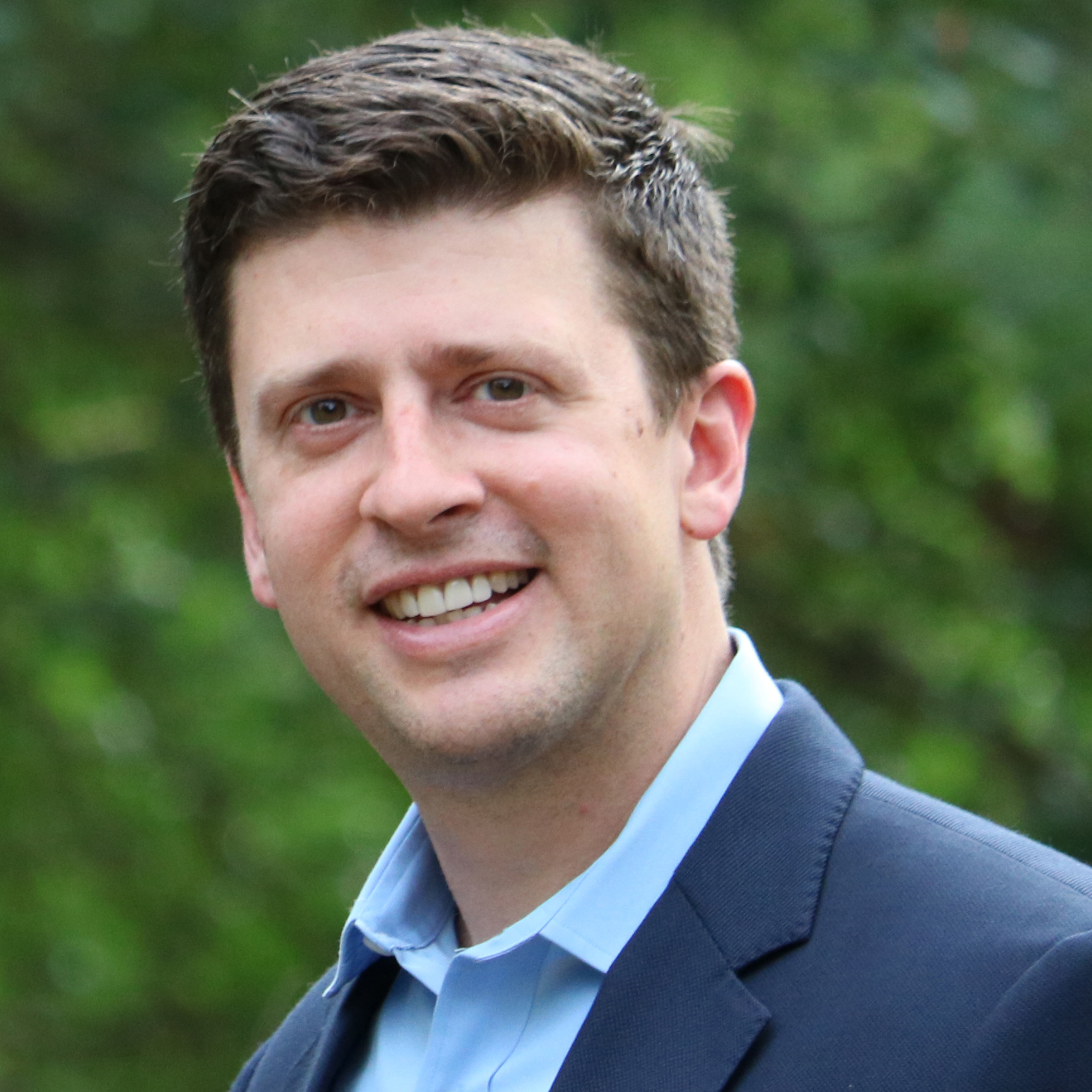 Dan Heath: Dan, along with his brother Chip Heath, is a four-time best-selling author of classic business books including Made to Stick, Switch, The Power of Moments, and most recently on his own, Upstream. Dan is a senior fellow at Duke University’s CASE center, which supports social entrepreneurs who are fighting for social good.
Dan Heath: Dan, along with his brother Chip Heath, is a four-time best-selling author of classic business books including Made to Stick, Switch, The Power of Moments, and most recently on his own, Upstream. Dan is a senior fellow at Duke University’s CASE center, which supports social entrepreneurs who are fighting for social good. 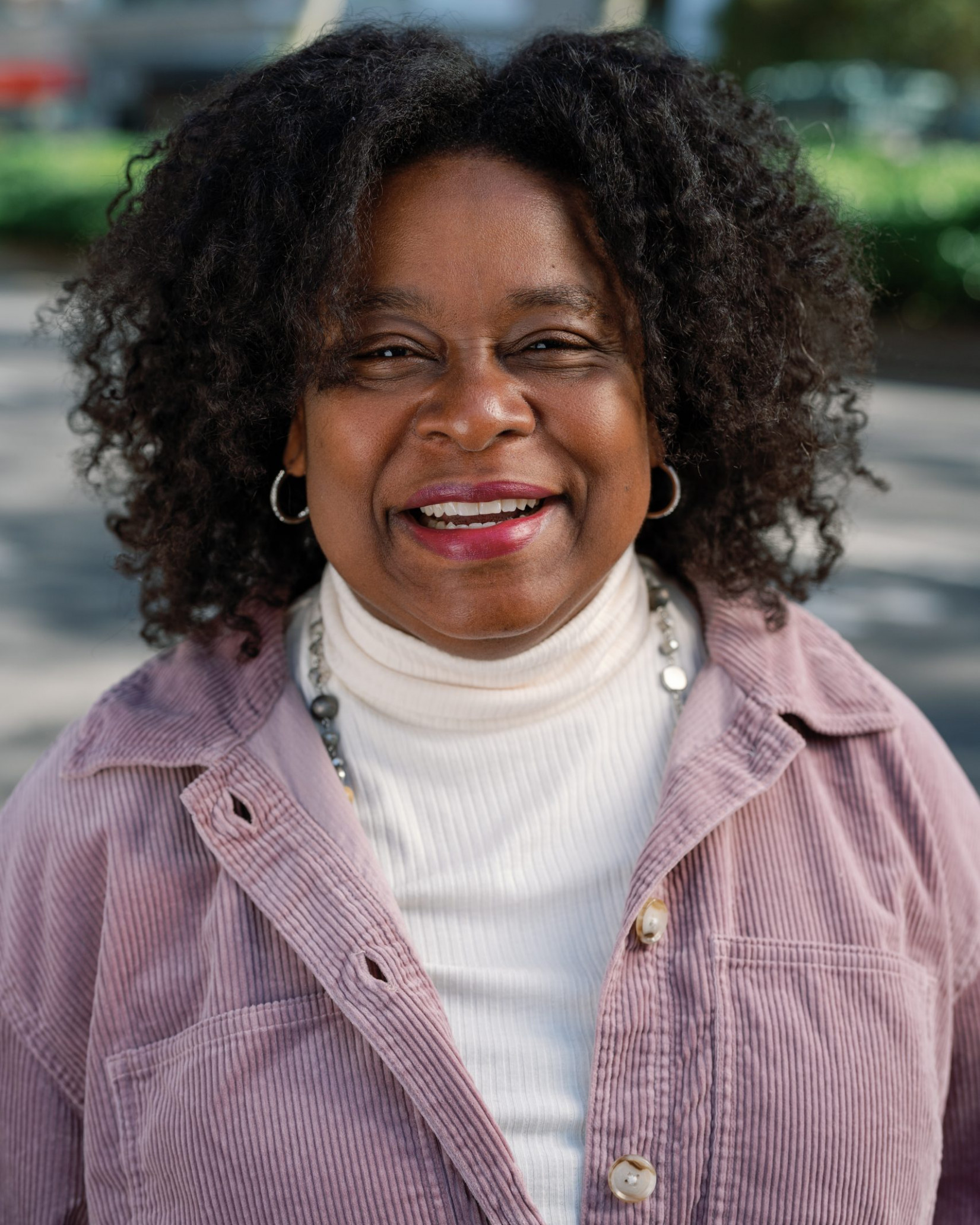 Vanessa Hawkin
Vanessa Hawkin